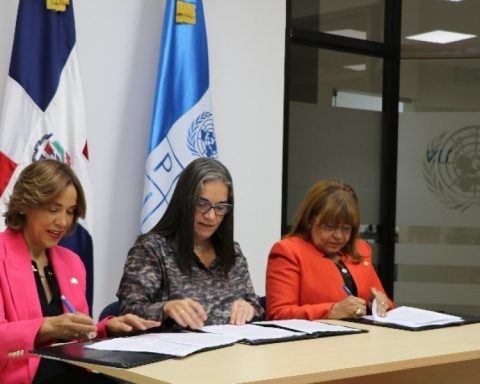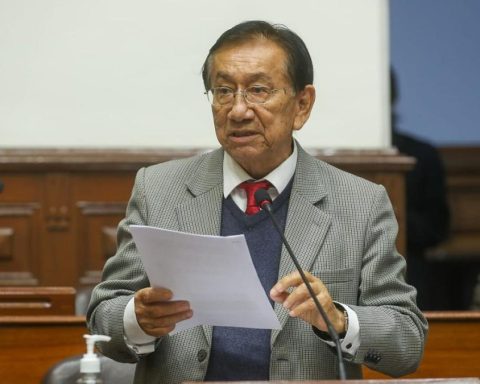The price of a gallon of superior and regular gasoline will register a new rise in Nicaragua starting on Sunday, while diesel will maintain it, the Ministry of Energy and Mines and the Nicaraguan Institute of Energy (INE) reported this Saturday.
The price of a gallon (3.78 liters) of superior gasoline will go from 5.05 to 5.19 dollars and that of regular from 4.93 dollars to 5.07 dollars, according to a joint statement from both state entities, released by the Nicaraguan Government.
The Ministry of Energy and Mines, and the INE, explained that the increase in the gallon of gasoline would be greater, however the Government decided to assume 0.19 dollars of that increase in the case of the superior and 0.15 dollars in the case of the from the regular.
Meanwhile, the price of a gallon of diesel, the most used by freight transport and public transport, will remain at 4.58 dollars.
Related news: Price of gasoline in Nicaragua will increase again
“According to international prices, the price of diesel for the following week should increase by 22.30 córdobas (0.62 dollars), however our Government has decided not to increase said price and assume 100% of said increase” , indicated the entities.
As for liquefied petroleum gas, which is what Nicaraguan households use to prepare food, its prices will be the same as last week for the 10-pound, 25-pound, and 100-pound presentations.
The increase that was planned for liquefied petroleum gas will also be absorbed by the Executive, according to the information.
So far this year there have been eight weekly increases and one drop in the price of regular and super gasoline, and nine increases in the price of diesel in Nicaragua, according to INE data.
Related news: Fuel prices in Nicaragua will remain frozen this week
The authorities explained that the high price of fuel in Nicaragua is due to the “constant increase that international prices for oil and its derivatives have had since the beginning of 2021.”
“The Government of Reconciliation and National Unity will henceforth continue to permanently monitor the behavior of international prices and the rest of the variables that make up the price of fuels, and the corresponding actions and measures will be taken to mitigate the impact of the increase. of these prices in the economy of Nicaraguan families,” said both portfolios.
Fuel prices are established weekly by distribution companies based on variations in international prices of these derivatives, “that is, these prices are not regulated by the State,” confirmed the INE on its website.
















